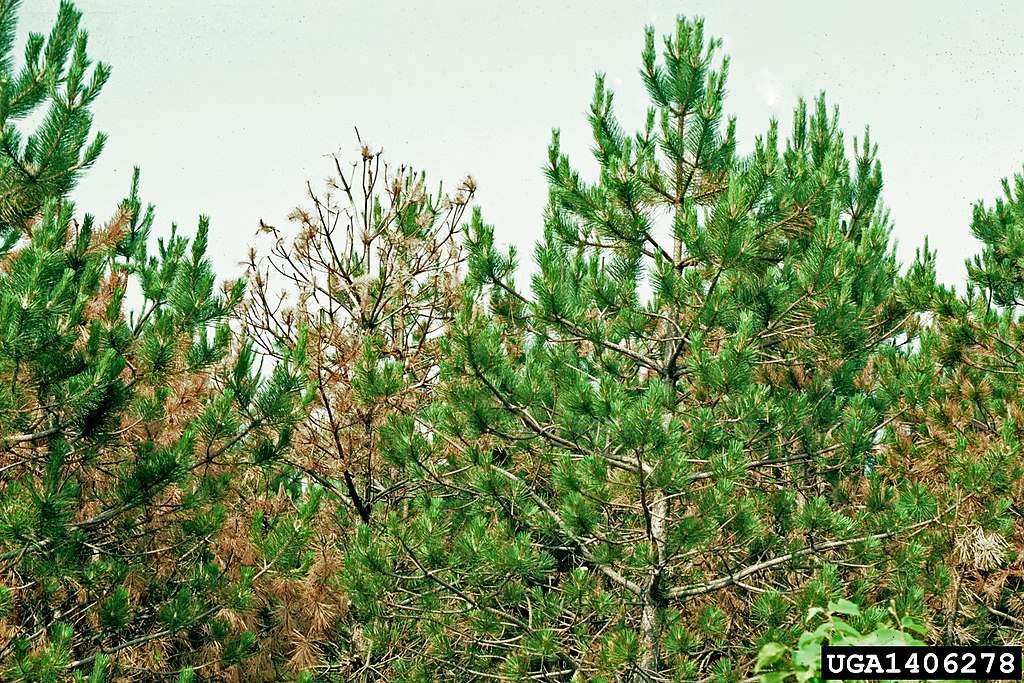The Leaning Tower of Pisa has nothing on your patio, and watching things roll across the pavers has actually become your least-favorite pastime. But no matter how hard you try, one thing is constant: your patio pavers are not level. How frustrating.
Before you can fix your problem (or prevent it in the future), you need to figure out what’s causing the uneven surface. Here are five possible reasons your patio pavers aren’t level and how to fix them.





